The ninth session of the African Regional Forum on Sustainable Development (ARFSD) 2023 has ended in Niamey, Niger with an urgent call on African countries to redefine and develop their economic models.
This should include integrating the protection of natural resources, water and land, the promotion of renewable energy and a just transition.
The Forum also called for the implementation of green and resilient infrastructure that supports sustainable industrialisation and the development of urbanisation that enables inclusive growth, while foregrounding recognition of the value of human capital.
It further encouraged all African countries to harness science, innovation and state-state-of the-art emerging technologies such as artificial intelligence, and the potential of young people to drive the necessary transformative change over the coming 10 years and achieve the objectives of sustainable development.
This reflects the Niamey Declaration on accelerating the implementation of the 2030 Agenda for Sustainable Development and Agenda 2063: The Africa We Want, of the African Union.
Forum also called for a need to increase national investment in digital meteorological and climate observation systems to help to provide early warning systems for all the citizens of the continent.
“We are concerned about the convergence of geopolitical, financial, climate and biodiversity crises that have served only to amplify economic hardship, reducing prosperity and societal progress in Africa by exacerbating poverty, land degradation, food insecurity and the lack of access to affordable energy,” Forum declared.
They stated that this has deepened existing inequalities and hampered progress in the attainment of the Sustainable Development Goals.
The Forum was also mindful of the repercussions of security crises and the Covid-19 persists, as numerous countries, battered by a significant rise in their debt distress and dramatic decreases in foreign direct investment and trade, stand on the brink of financial crisis and have scarcely recovered over the past two years.
It also raised serious concerns about the challenges that African countries are facing in managing their public debt, which are exacerbated by prohibitive borrowing costs, and highlighting the need for significant sustainable financing to ensure an inclusive, green and resilient recovery from the Covid-19 crisis and the accelerated delivery of sustainable development in Africa.
These, among other issues, were declared at the just ended ninth session of the ARFSD 2023, which was officially opened by President of the Niger, Mohamed Bazoum on Tuesday.
The event was organized by the Economic Commission for Africa (ECA), together with the government of the Niger and in collaboration with the African Union Commission, the African Development Bank and entities of the United Nations system.
The Forum was attended by African ministers, and senior officials responsible for the environment and sustainable development, finance, planning, economic and social development, water, energy, industry, infrastructure, urban planning and land management, education, statistics, the digital economy, science and technology.
Others were heads and members of delegations of the parliaments of member States of the African Union and experts representing Governments and intergovernmental organizations, the private sector and civil society.
WARNING ! All rights reserved. This material, and other digital content on this website, may not be reproduced, published, broadcast, rewritten or redistributed in whole or in part without prior express permission from ZAMBIA MONITOR

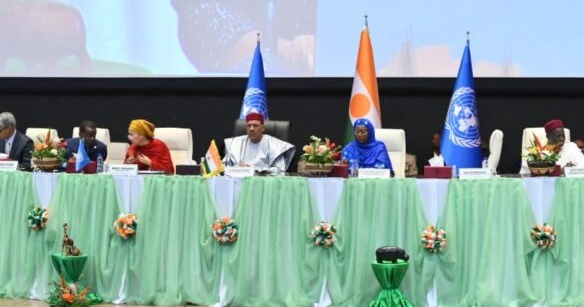
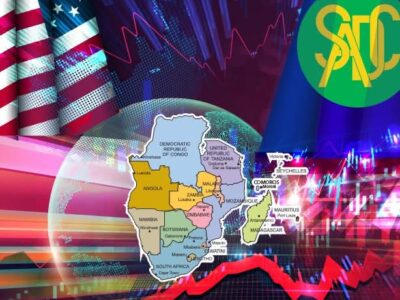
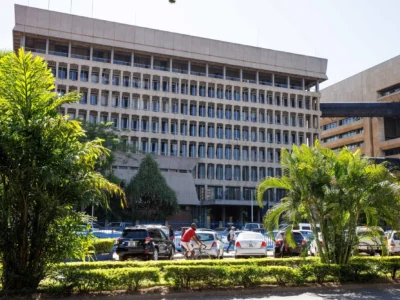
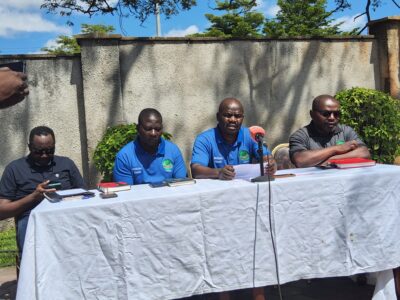
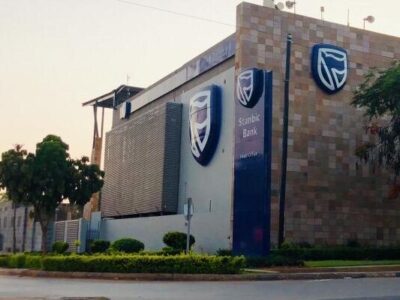
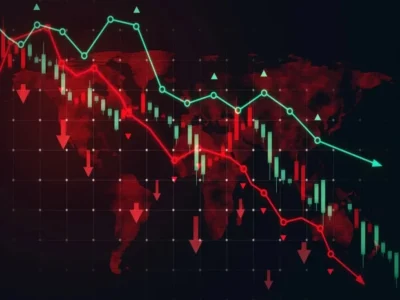
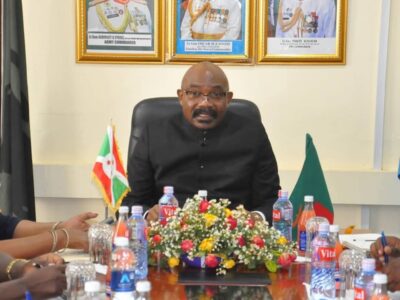




Comments